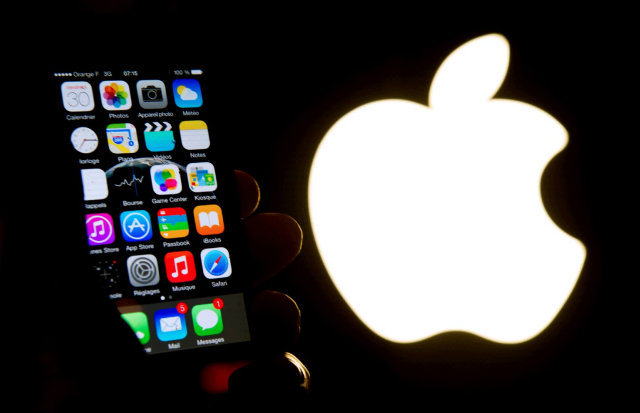×
The Standard e-Paper
Stay Informed, Even Offline

NAIROBI, KENYA: Apple the iPhone maker on Thursday reached a market value of more than Sh100 trillion ($1 trillion), a mind boggling figure which makes Kenya’s budget a drop in the ocean.